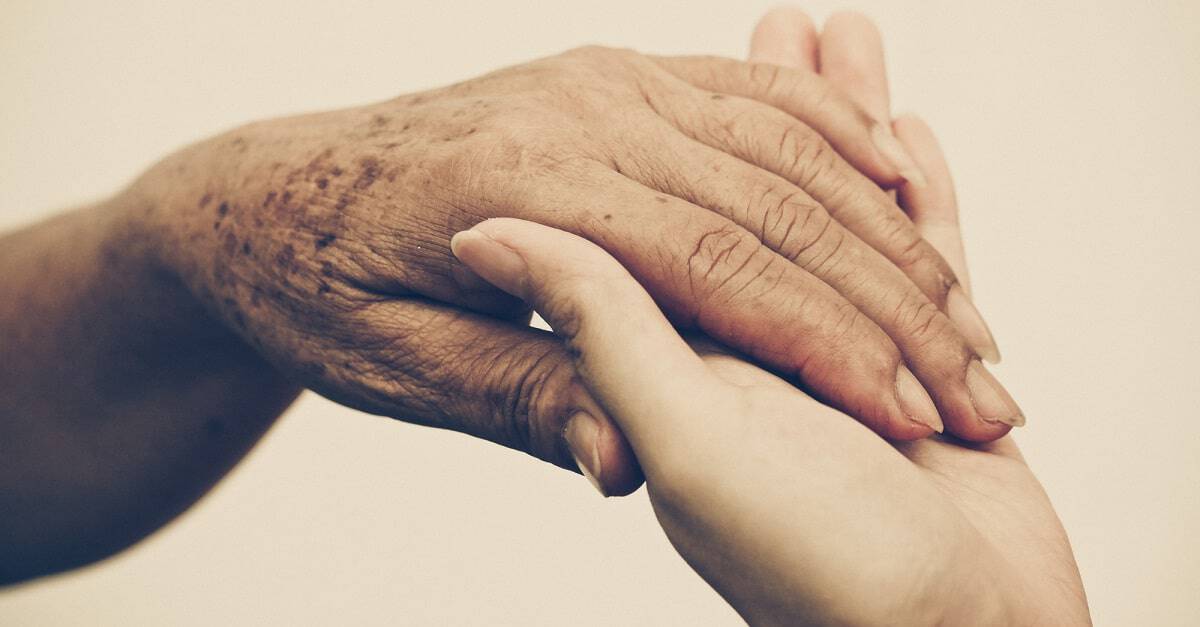By Carol Combs, MSW
Memory Care Coordinator
Everyone needs tender loving care, and someone with dementia such as Alzheimer’s disease is no exception. In fact, because dementia robs people of language, non-verbal communication becomes even more important. Non- verbal communication is critical when dealing with dementia, and touch is a powerful way to connect with someone who is losing other avenues to communicate.
Tactile stimulation can help when language is failing. Anything individuals can touch, feel or manipulate with their hands helps fill the void left with loss of language. It is actually the brain that “feels” – so tactile stimulation is brain stimulation.
People with dementia don’t lose the capacity for human emotion or recognition of a caring touch, even in the late stages of the disease. A hug, handshake, pat on the arm, hand lotion massage, or stroke of the hair can relay feelings of compassion and care. And of course, a smile is a universally understood expression.
The Benefits of Touch
Studies have identified the physical benefits of touch, including lowering blood pressure, decreasing pain and heart rate, improving mood, and lowering stress. Touch can also benefit those with dementia by calming them. Massaging the hands or hand-holding can reduce agitation; help ease the feelings of isolation, loneliness, and boredom; and, encourage feelings of well-being.
We need to respect a person’s preferences for physical touch and explore ways to make contact that are comfortable to the individual. If someone is highly agitated, use caution in your approach, as the individual may not accept you entering his/her private space. However, while we do need to be respectful of someone’s comfort level, that should not stop us from finding ways to nurture those in our care.
“Love is not a memory – it’s a feeling in the heart and soul, never to be forgotten,” wrote Michele DeSocio in Living Proof that Alzheimer’s Can’t Steal Love. “This disease can take away almost everything, but not the love.”
CoxHealth at Home offers numerous home care services that can provide you the help, support, and relief you need, so you may enjoy time with your loved one and continue to care for them at home.


